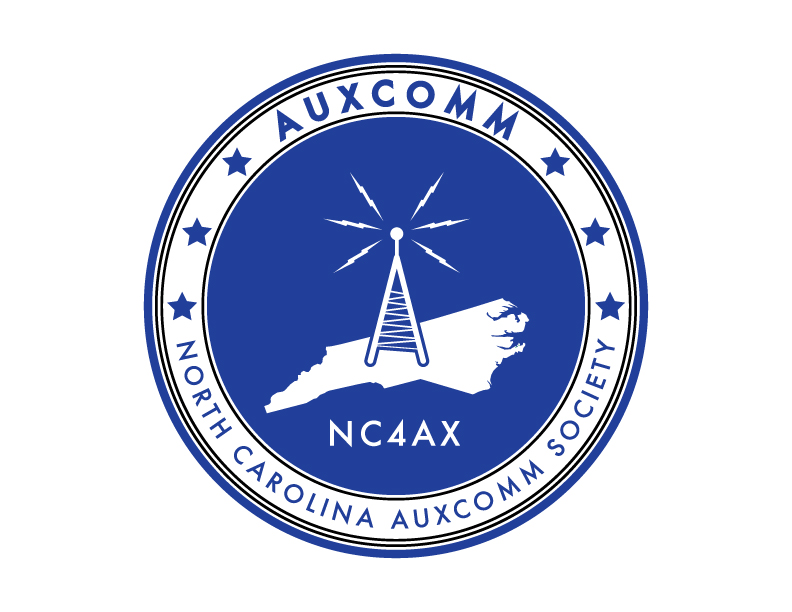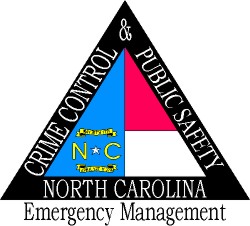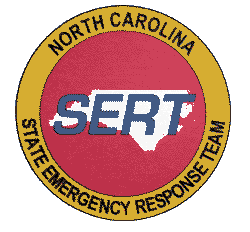Emergency Communications Declarations
As of 8/2/04
The purpose of this document is to clarify Amateur Service operations permissible under
47 C.F.R. § 97.401(a) and the standards and procedures for requesting an emergency
communication declaration (ECD) in the Amateur Radio Service Under 47 C.F.R. §
97.401(b)
Authority
Section 97.401(a) provides that when normal communication systems are overloaded,
damaged or disrupted because a disaster has occurred, or is likely to occur, in an area
where the Amateur Service is regulated by the FCC, an Amateur station may make
transmissions necessary to meet essential communication needs and facilitate relief
actions.
Section 97.401(b) provides that when a disaster disrupts normal communication systems
in a particular area, the FCC may declare a temporary state of communication
emergency. The declaration will set forth any special conditions and special rules to be
observed by stations during the communication emergency.
Background Information
Amateur Radio operators have occasionally requested ECDs before an event such as a
hurricane or tropical storm has occurred. Typically these requests have been based on 24
to 72 hour advance weather predictions and the anticipated overall damage that would
result if the weather predictions are correct. However, transmissions prior to a disaster
occurring are already authorized by Section 97.401(a) and not subject to an ECD.
Section 97.401(a) does not provide authority for ECDs. Section 97.401(a) events occur
more frequently than ECD eligible Section 97.401(b) events, because Section 97.401(a)
includes events that overload or damage normal communication systems and events
where a disaster is likely to affect normal communication systems, but the disaster has
not yet occurred. Amateur stations may make transmissions under the authority of
Section 97.401(a) at any time prior to or during a disaster.
ECDs may only be issued after a disaster disrupts normal communication systems in a
geographic area subject to FCC regulation.
When will an ECD be accepted for processing by the FCC?
A request for an ECD will only be accepted after a communications disaster has
occurred.
Who may request an ECD?
An ECD may be requested by:
1) An emergency management official responsible for emergency operations in the
affected area and acting in his or her official capacity;
2) An Amateur Radio operator at the request of an emergency management official
responsible for emergency operations in the affected area and acting in his or her
official capacity.
Information that must be included in an ECD request.
1) The current date.
2) Where applicable, name, telephone number and call sign of the Amateur Radio
operator making the ECD request.
3) Name, title or position and telephone number of the emergency management official
who initiated the ECD request.
4) Nature of the disaster (e.g., weather-related, explosion, fire, railway accident etc.)
5) Description of communication systems that have been disrupted and a contact person
or persons who can verify this information.
6) Geographic area of the communication systems that have been disrupted (city or part
of city, county, state, or region).
7) VHF/UHF Amateur Service bands: Channels in VHF and UHF bands shall receive
preference for ECDs. If included in the request and subject to the consent of the
licensee or trustee of a repeater station, the ECD may specify a repeater station that
may be used only for providing emergency communications.
MF/HF Amateur Service bands: An ECD may authorize use of 1 or 2 channels in the
60 Meter Amateur Service band. These channels are: 5332 kHz, 5348 kHz,
5368 kHz, 5373 kHz, and 5405 kHz. Use of these channels is subject to the
requirements of Section 97.307(s). Channels in other Amateur Service bands may be
used under the provisions of Section 97.101(c).
8) Estimated length of disruption of normal communication systems. An ECD will be
issued for the estimated length of time of disruption of normal communication
systems and shall contain an expiration date in the ECD. An ECD may be extended
upon the request of the emergency official (or counterpart) making the original
request. ECDs end when regular communications are restored or at the expiration
date, whichever occurs first.
Where do I file a request for an ECD?
FCC Communications and Crisis Management Center (CCMC)
(202) 418- 1122 phone
(202) 418- 2813 FAX number
by E Mail: comm-ctr@fcc.gov
ECD grants:
ECD Declarations will contain the following information:
1) Date and Time the ECD is issued
2) Amateur Service Requestor if appropriate: Name, and call sign of the Amateur
Service Operator requesting the ECD
3) Emergency Management Official: Name and title or position of the emergency
management official initiating the ECD request
4) Nature of the disaster
5) Description of the communications disruption
6) Geographic area
7) Frequencies
8) Duration


